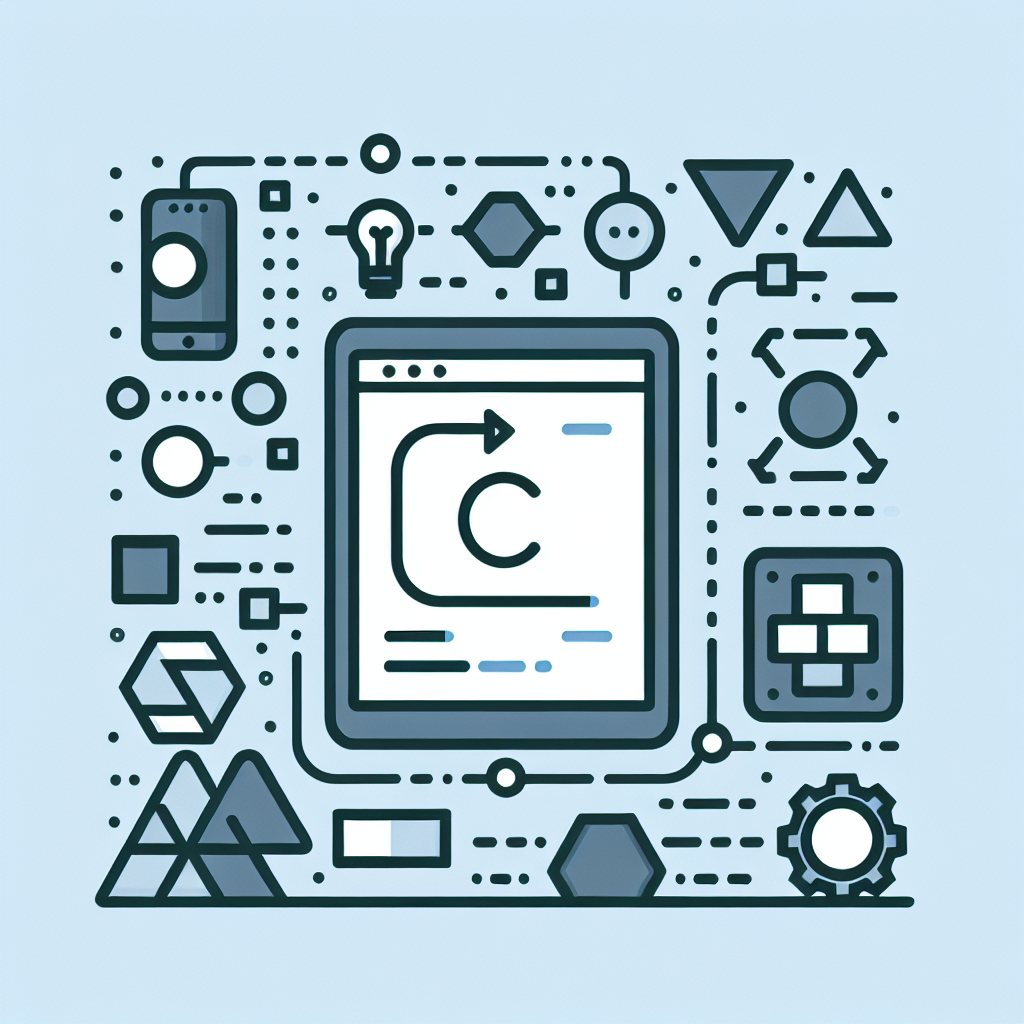Effortless Objective-C to C Conversion Tool Online
Effortlessly convert Objective-C to C with our powerful tool. Enhance your coding efficiency and streamline projects. Try it now for seamless code translation!
Source Code
Converted Code
Output will appear here...
The Objective C to C Converter is a powerful tool designed to seamlessly transform Objective C code into C, streamlining cross-language development and enhancing compatibility. Ideal for developers looking to optimize legacy systems, improve performance, or integrate Objective C applications with C environments, this tool ensures efficient code translation while maintaining functionality. Enhance your programming workflow with this indispensable resource for code migration and language interoperability.

Objective-C to C Conversion Tool Link to this section #
Transforming Objective-C code to C can be complex, but our specialized tool streamlines this process, ensuring accuracy and efficiency. Ideal for developers who need to maintain legacy systems or integrate Objective-C features into C-based applications, this tool bridges the gap seamlessly.
Key Features Link to this section #
- Automated Conversion: Convert Objective-C syntax to C effortlessly, minimizing manual intervention.
- Syntax Highlighting: Easily identify and correct potential issues with highlighted syntax differences.
- Code Optimization: Optimize the converted C code for performance improvements.
- Comprehensive Support: Extensive documentation and support for various Objective-C constructs.
Supported Conversions Link to this section #
- Classes and Methods: Translates Objective-C classes and methods to equivalent C structures and functions.
- Message Passing: Converts Objective-C message passing to C function calls.
- Data Types: Accurately maps Objective-C data types to C, preserving integrity.
Example Conversion Link to this section #
Here's a simple example demonstrating the conversion:
Objective-C Code:
#import <Foundation/Foundation.h>
@interface Sample : NSObject
- (void)greet;
@end
@implementation Sample
- (void)greet {
NSLog(@"Hello, World!");
}
@end
Converted C Code:
#include <stdio.h>
typedef struct {
void (*greet)(void);
} Sample;
void greet(void) {
printf("Hello, World!\n");
}
Sample createSample() {
Sample sample;
sample.greet = greet;
return sample;
}
int main() {
Sample sample = createSample();
sample.greet();
return 0;
}
Why Choose This Tool? Link to this section #
- Efficiency: Saves time by automating the conversion process.
- Reliability: Ensures accurate translations, reducing the risk of errors.
- Flexibility: Supports a wide range of Objective-C features, adaptable to various project needs.
For further reading on Objective-C and C programming, check out Apple's Objective-C Programming Guide and C Programming Language resources.
Frequently Asked Questions
How can I call C functions from Objective-C code?
You can call C functions directly from Objective-C code because Objective-C is a strict superset of C. Simply include the C function declarations in your Objective-C file or import the C header file containing the function declarations.
Is it possible to use Objective-C features in a C program?
While you cannot directly use Objective-C features in a pure C program, you can achieve this by compiling your C code with an Objective-C compiler and using Objective-C files to encapsulate the Objective-C functionalities, which can then be used within your C program.
What are the main challenges when converting Objective-C code to C?
The primary challenges include handling Objective-C's object-oriented features, such as classes and message passing, since C is not inherently object-oriented. You may need to recreate these features using C structures and function pointers, which can be complex and labor-intensive.